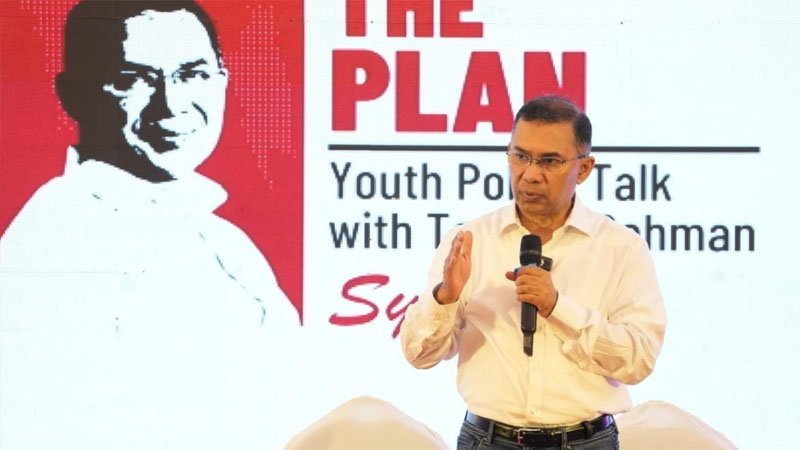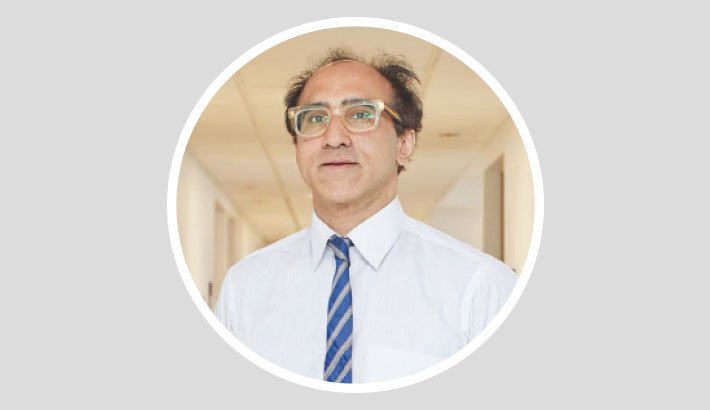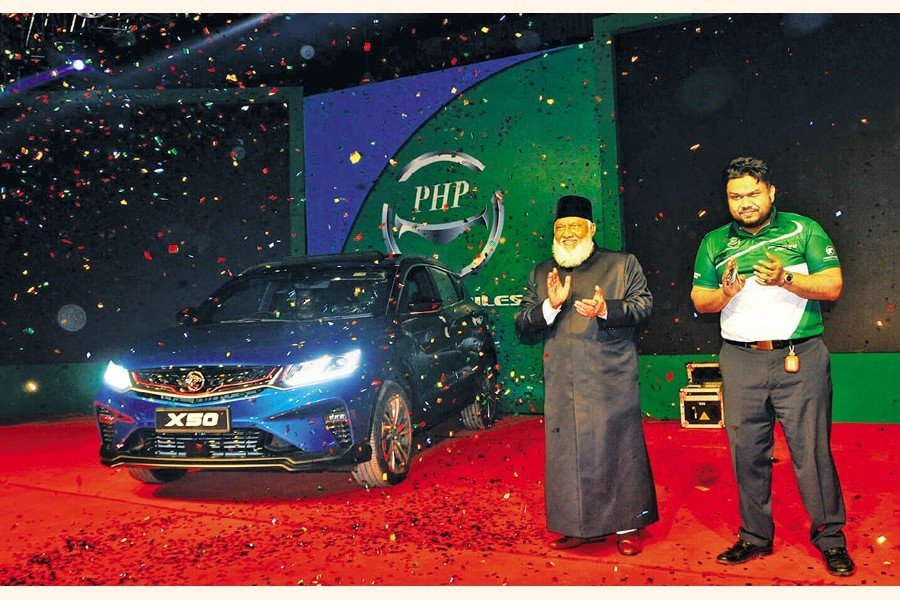How a British-Bangladeshi Dr Muqit is helping the blind see again
A surgeon bridging continents and communities
Dr Muqit’s journey is a remarkable blend of expertise and empathy. Having grown up with a deep connection to Bangladesh, he has made it his mission to use global innovation to serve both advanced and developing healthcare systems. “This small device is creating a big paradigm shift in treating blindness,” he explained in his interview with The Daily Sun. His invention — a micro-implant capable of restoring partial vision to those with severe sight loss — stands as a powerful symbol of how medical research can transcend borders and bring hope where once there was none.
Challenging irreversible blindness
For decades, diseases such as age-related macular degeneration, retinitis pigmentosa, and diabetic retinopathy have been leading causes of irreversible blindness. Once vision was lost, patients were told that recovery was impossible. But Dr Muqit’s work challenges this long-held belief. His implant technology aims to reintroduce light perception and shape recognition by bypassing damaged retinal cells and directly stimulating the visual pathways that send signals to the brain. Even regaining partial vision — the ability to detect light, movement, or outlines — can transform a person’s independence and quality of life.
The implant changing lives
The technology essentially works like a bionic eye, translating visual input into electrical signals that the brain interprets as images. Dr Muqit emphasized that this progress represents not just a technological milestone but also an emotional one, helping people reclaim autonomy and dignity.
Bringing innovation closer to Bangladesh
While these life-changing surgeries are currently being performed in the UK, their ripple effects are being felt across Bangladesh. Dr Muqit’s work serves as a reminder that the Bangladeshi medical community can aspire to similar standards through knowledge exchange, collaboration, and training. The connection between global innovation and Bangladesh’s growing medical infrastructure could pave the way for local adaptation of such cutting-edge techniques. For a country where preventable blindness is still common, this kind of advancement could be transformative.
Implications for Bangladesh’s healthcare system
Dr Muqit’s success story holds profound implications for Bangladesh’s eye-care ecosystem. The transfer of knowledge from global centres of excellence could significantly enhance the skills of Bangladeshi ophthalmologists, especially those specialising in retinal surgery and vision restoration. With proper training and investment, advanced technologies like these implants could one day be integrated into major hospitals across Dhaka, Chittagong, and Sylhet. Moreover, such breakthroughs encourage early detection and patient awareness — critical factors in reducing preventable blindness.
Innovation adoption would not only modernize the healthcare infrastructure but also make complex procedures more accessible. As the cost of technology gradually decreases, there is potential for wider availability of these advanced treatments. Research partnerships between Bangladeshi institutions and international organisations could further expand the nation’s capacity to tackle eye diseases more effectively. This aligns perfectly with Bangladesh’s ongoing efforts to strengthen its public health system and improve access to specialised care.
Beyond technology: a human story of purpose
What sets Dr Muqit apart is his holistic vision of medicine. For him, restoring sight is not just a scientific achievement — it is about restoring lives. His dedication represents the essence of compassionate innovation, where technology serves humanity rather than merely impressing with complexity. Through his work, he has become a role model for young Bangladeshi doctors and researchers, showing that one can excel on a global stage while staying true to one’s roots.
Challenges on the road ahead
Despite the promise of his innovation, challenges remain. Advanced implants and surgical procedures come with significant costs, which may make them inaccessible to the majority of Bangladeshi patients without policy intervention. Building the necessary medical infrastructure, ensuring ethical oversight, and maintaining high surgical standards are crucial next steps. Additionally, local doctors will require intensive training to perform these procedures safely and independently.
Patient selection and realistic expectation management also pose challenges. Not all cases of blindness can benefit equally from implantable technology, and ongoing research will determine who can gain the most from it. Yet, these challenges are surmountable, especially as Bangladesh continues to modernize its healthcare system and strengthen ties with its global diaspora of medical professionals.
A new frontier for Bangladesh’s medical future
Dr Muqit’s work underscores an exciting truth — that Bangladesh, long recognised for its resilience and resourcefulness, can now be part of the next chapter in medical innovation. His achievement serves as a beacon of what’s possible when scientific excellence meets social purpose. By fostering collaborations, investing in medical education, and building capacity for advanced procedures, Bangladesh can position itself as a leader in affordable and accessible eye-care solutions for South Asia.
The success of Dr Muqit’s implant also carries symbolic weight. It demonstrates how members of the Bangladeshi diaspora can contribute to their homeland’s progress, not just through remittances, but through expertise, mentorship, and research. His journey from the UK to global recognition reflects a broader narrative — one where Bangladeshis abroad act as bridges of knowledge and innovation, shaping the nation’s future from afar.
A vision beyond medicine
Ultimately, Dr Muqit’s story is about more than restoring vision. It’s about restoring hope — for individuals, for families, and for a country that continues to dream big in the face of adversity. His pioneering work reminds us that Bangladesh can look forward to a future where blindness need not be permanent, and where every innovation carries a piece of the nation’s pride.







